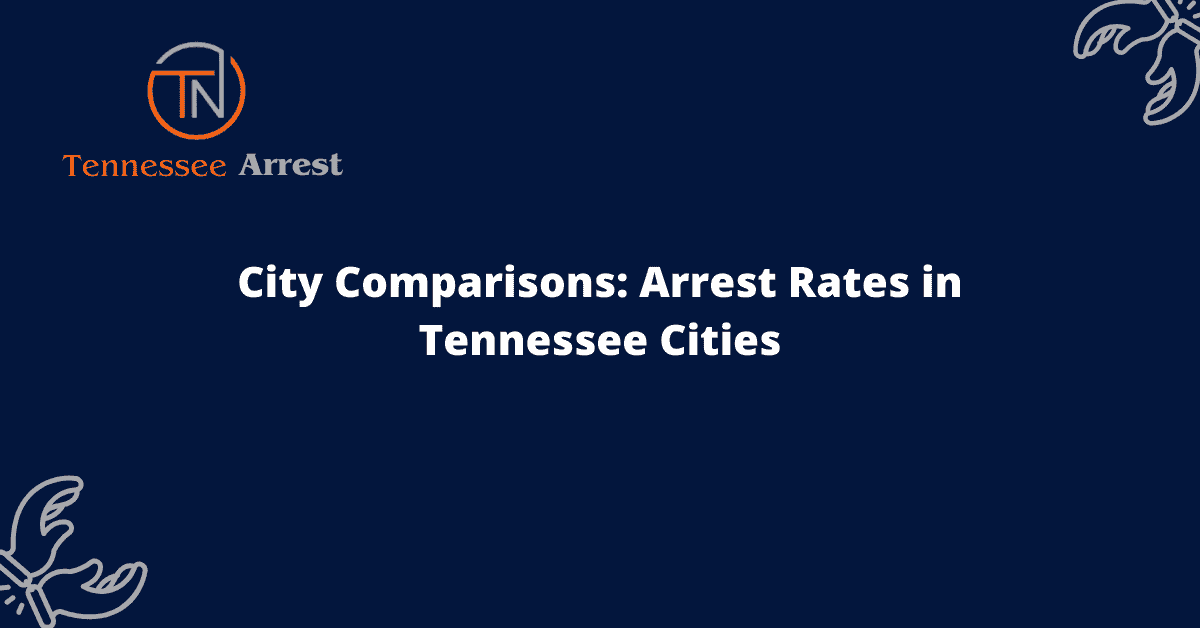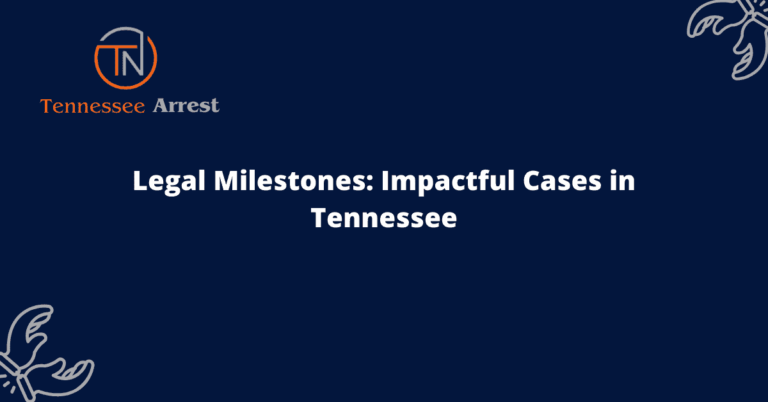City Comparisons: Arrest Rates in Tennessee Cities
When it comes to comparing arrest rates in cities across Tennessee, it’s essential to consider various factors that contribute to the statistics. From population size and demographics to law enforcement resources and crime rates, these elements can greatly influence the number of arrests made in a particular city. By analyzing and understanding these factors, we can gain valuable insights into the safety and security of different Tennessee cities.
One of the significant factors to consider when comparing arrest rates is the population size of each city. Cities with larger populations tend to have higher arrest rates simply due to the larger pool of individuals. However, it’s essential to look beyond the raw numbers and consider the arrest rate per capita, which gives a more accurate representation of the city’s law enforcement effectiveness. By looking at the arrest rate per capita, we can better understand how efficiently a city is combating crime and maintaining public safety.
Factors Influencing Arrest Rates in Tennessee Cities
When comparing arrest rates in cities across Tennessee, it is important to consider various factors that contribute to the statistics. These factors can greatly influence the number of arrests made in a particular city and provide valuable insights into the safety and security of different Tennessee cities.
Population Size and Demographics
The population size of a city plays a significant role in determining its arrest rate. Cities with larger populations tend to have higher arrest rates simply due to the larger pool of individuals. However, it is crucial to look beyond the raw numbers and consider the arrest rate per capita. This provides a more accurate representation of a city’s law enforcement effectiveness and allows for better comparisons between cities of different sizes.
Law Enforcement Resources
The availability and allocation of law enforcement resources can impact arrest rates. Cities with well-funded and adequately staffed police departments are likely to have higher arrest rates as they have the necessary resources to actively combat crime. On the other hand, cities with limited resources may struggle to effectively enforce the law, resulting in lower arrest rates.
Crime Rates
The overall crime rate in a city can influence its arrest rate. Cities with higher crime rates are likely to have higher arrest rates as law enforcement agencies actively work to address and prevent criminal activities. Conversely, cities with lower crime rates may have lower arrest rates as there are fewer incidents to respond to.
Law Enforcement Policies and Practices
The policies and practices implemented by law enforcement agencies can impact arrest rates. Factors such as proactive policing strategies, community engagement initiatives, and targeted enforcement efforts can all contribute to higher arrest rates. Conversely, if law enforcement agencies have policies that prioritize alternative resolutions or diversion programs, arrest rates may be lower.
Socioeconomic Factors
Socioeconomic factors, including poverty rates, education levels, and employment opportunities, can influence arrest rates. Cities with higher poverty rates or limited access to quality education and employment opportunities may experience higher crime rates and subsequently higher arrest rates.
Geographic Location
The geographic location of a city can also impact arrest rates. Cities located near major transportation routes or with higher levels of transient populations may experience higher arrest rates due to increased criminal activities associated with these factors.
Public Perception and Reporting
Public perception of safety and the willingness of individuals to report crimes can influence arrest rates. In cities where residents feel safe and have confidence in law enforcement, they may be more likely to report crimes, leading to higher arrest rates. Conversely, in areas where there is distrust or fear of law enforcement, underreporting of crimes may result in lower arrest rates.
FAQs
What are the arrest rates in Tennessee cities?
The arrest rates in Tennessee cities vary depending on various factors such as population size, crime rates, and law enforcement efforts. Some cities may have higher arrest rates due to higher crime rates or proactive policing strategies.
Which Tennessee city has the highest arrest rate?
It is difficult to pinpoint one specific city with the highest arrest rate in Tennessee as arrest rates can fluctuate over time. However, cities with larger populations and higher crime rates tend to have higher arrest rates.
Are there significant differences in arrest rates between urban and rural areas in Tennessee?
Yes, there can be significant differences in arrest rates between urban and rural areas in Tennessee. Urban areas generally have higher crime rates and more law enforcement resources, which can result in higher arrest rates compared to rural areas.
What factors contribute to variations in arrest rates among Tennessee cities?
Several factors can contribute to variations in arrest rates among Tennessee cities. These include population demographics, socioeconomic factors, crime rates, law enforcement policies, and community engagement with law enforcement.
Are arrest rates an accurate reflection of crime rates in Tennessee cities?
Arrest rates are not always an accurate reflection of crime rates in Tennessee cities. Factors such as police presence, law enforcement priorities, and reporting practices can influence arrest rates. Additionally, some crimes may go unreported or unsolved, leading to discrepancies between arrest rates and actual crime rates.
How can arrest rates be reduced in Tennessee cities?
To reduce arrest rates in Tennessee cities, various approaches can be taken. These include investing in community-based crime prevention programs, addressing underlying socioeconomic issues, improving police-community relations, and implementing evidence-based policing strategies.







